At the Moscow Academic Economic Forum, in addition to the plenary session and other events, an online conference was held, organized by the S. Yu. Witte Institute for New Industrial Development «Technological and socio-economic transformations of the 21st century: the experience of conceptual understanding.» The conference was attended by scientists from the USA, Canada, and Western Europe. More than 400 people registered in Zoom, many of them followed the conference on YouTube and on the INID website.
For a detailed coverage of the conference, we would need another magazine issue, so for an in-depth look at the reports please follow the link to the INID website (https://inir.ru/).
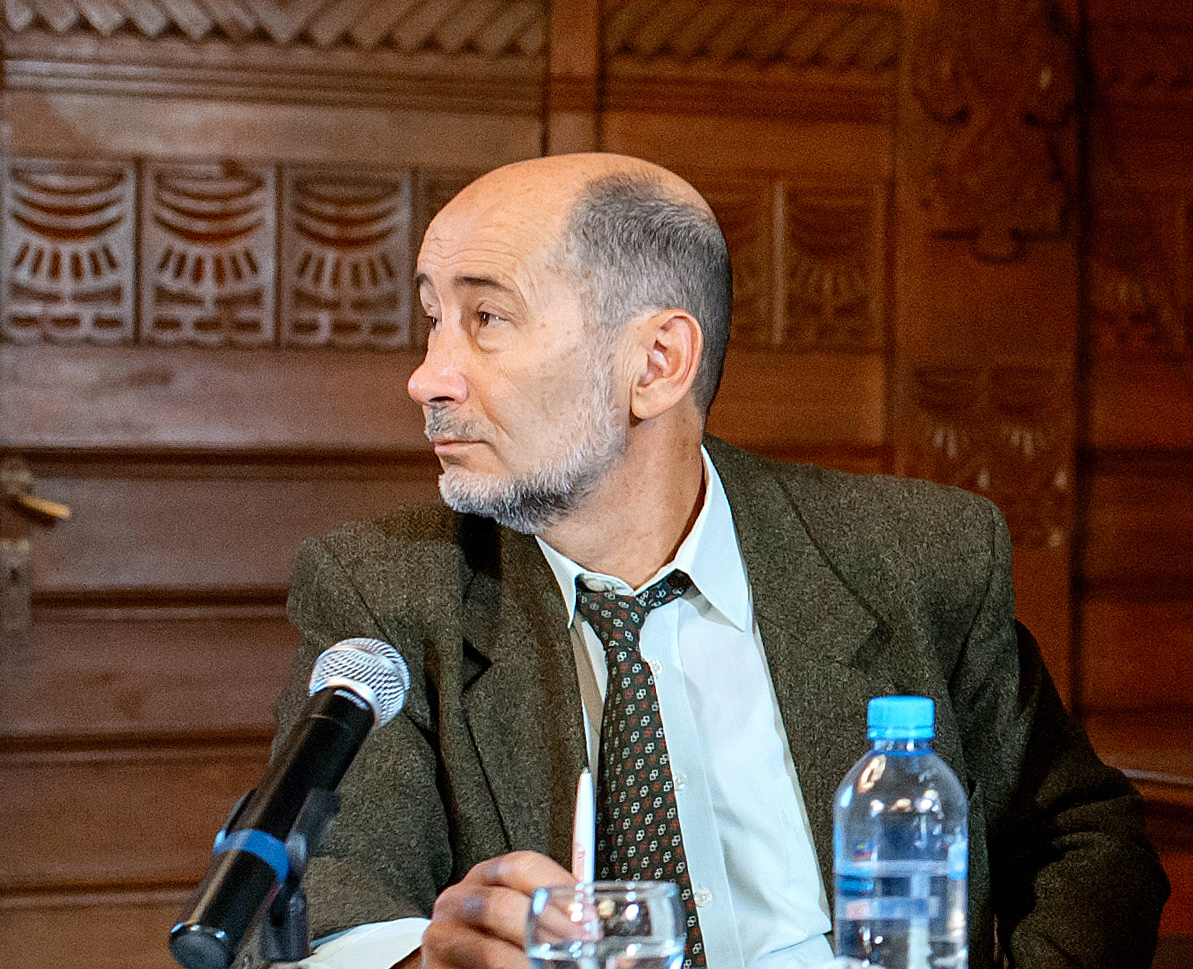
As the event moderator Alexander Buzgalin noted in his opening remarks, the topic was proposed long before our today’s meeting. Then, the pandemic significantly re-arranged, but did not fundamentally change, the agenda. Transformations are still underway, and post-crisis development will require, I believe, a fundamental rethinking of today’s world, whatever you may call it – whether free market economy or, as I prefer to call it, capitalism, late-stage capitalism. And this is what we will be discussing today. The focus of our conversation will be the concept that interests us (and that unites the participants), the concept theory, the theory of the genesis of the new industrial society of the second generation and noonomy.
Methodological limitations and the theory of noonomy
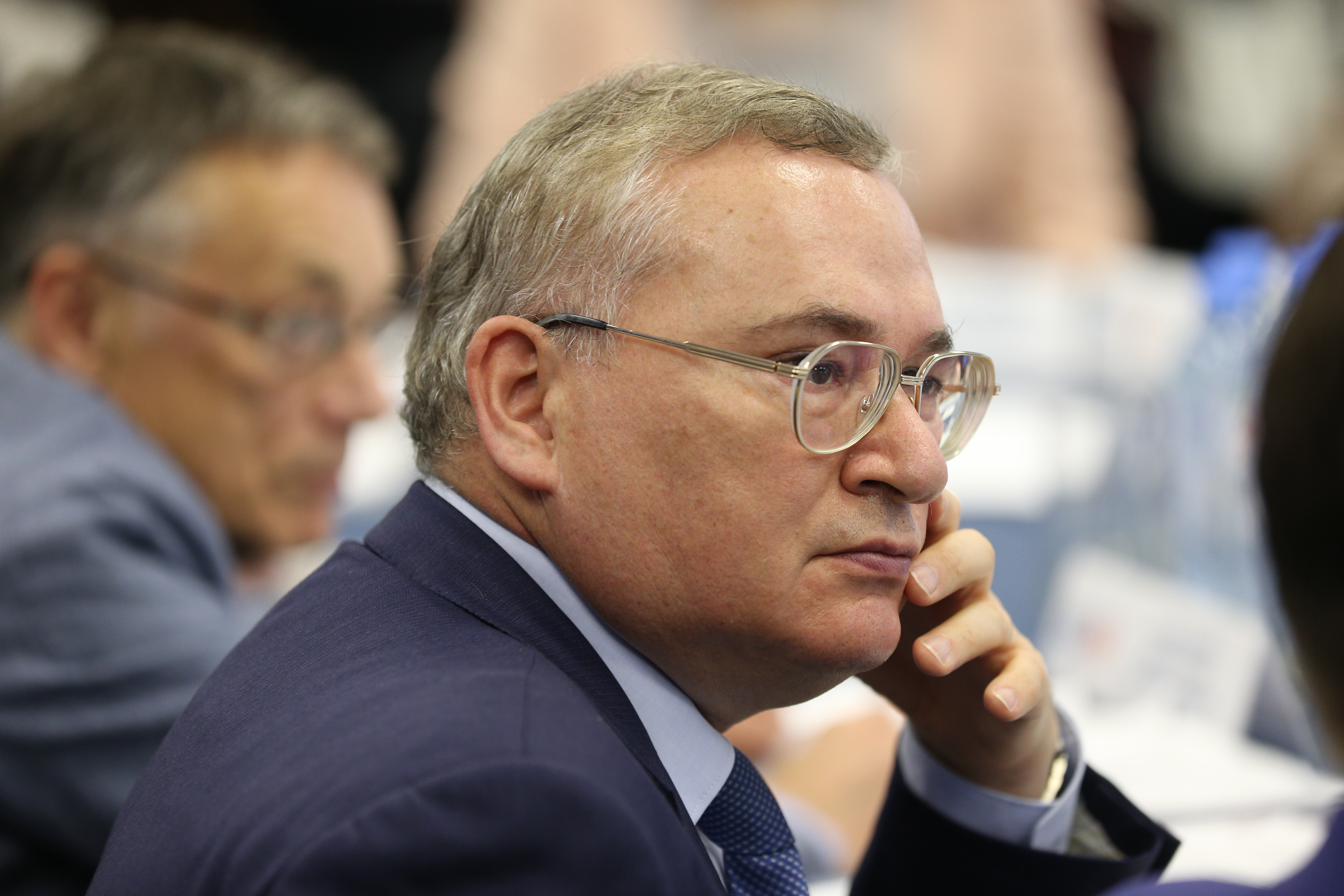
Director of the INID, Professor Sergei Bodrunov (Doctor of Economics), emphasized in his speech that because of the methodological limitations in the leading areas of economic theory the modern transformations of the global economy are not adequately reflected. This is even more evident in connection with the coronavirus situation. In this regard, he focused his report on a detailed presentation of the development of the methodology of his own research, which over the years led the author to the creation of the theory of noonomy.
“The theory of noonomy makes it possible to analyze current problems from a certain angle. It allows you to determine the goals and paths of movement, and the mechanisms for the formation of both new needs and new social relations. Hence, the formulation in the theory of noonomy of a strong orientation towards the development of technological and social progress of all mankind.
In practical application, the theory of noonomy is the formulation of goals oriented towards the development of a person, his culture, creativity, and the satisfaction of his real needs. Towards reorganizing society by increasing its sociability with an emphasis on achieving a more equitable distribution of public goods, towards increasing the level of its accessibility for all. Hence the demands on the governments, including the Russian government, to pursue appropriate social and industrial policies.
The theory of noonomy demanded – and I insist that «demanded» is a proper term! — an interdisciplinary approach in our research, making use of theoretical developments of ecologists, sociologists, philosophers,» Professor Bodrunov says.
The author of the theory also urged to avoid methodological errors in the interpretation of the theory. Noo-society is not communism in the classical sense, it is not based on the so-called social ownership of the means of production, and this is not a utopically blurred noospheric society, but a fully plausible future reality.
“Noonomy is not the economy of noo-society. Such a society will not have an economy as we understand it today. Noonomy and today’s economy are fundamentally different ways of organizing the satisfaction of human needs, as they are built on fundamentally different sides of the human essence, on zoo/bio and on noo-intelligence. At the same time, the economy which historically entered the evolution of civilization in a natural way, will also leave in a similar manner becoming the forerunner of noonomy, which grows out of it under the influence of new trends in the development of intelligence and knowledge. Economy will be replaced by a non-economic way of satisfying the non-simulative needs of people, based on an unmanned system of production built and controlled by the minds of people.
Noonomy is a natural way of transferring the burden of satisfying needs onto the shoulders of technological devices that will create everything a person needs — under the control of the mind, leaving us the role of a creator,” the speaker concluded.
Economic inefficiency of industrial systems

Professor at the University of Texas at Austin James Kenneth Galbraith noted that the problem being discussed is very relevant, and what Professor Bodrunov mentioned in his book has become even more relevant in the context of the coronavirus and the current crisis that we are facing.
“First of all, I would like to note that noonomy rightly shows us the need to create a functional system that would be adequate and consistent with its intended purpose, taking into account, among other things, the long-term environmental consequences, since we all must think about the long-term survival of mankind and our planet as a whole,” the professor emphasized.
Talking about the coronavirus crisis, Galbraith noted that it clearly showed us the economic inefficiency of industrial systems. According to the scholar, the leading Western powers specialize in such industries as finance, aerospace, weapons, etc. But the quality and level of development of their economic system in themselves result in particular fragility of that system and its vulnerability to economic crises. Western countries specialize in a number of high-tech industries, but at the same time there is a shortage of essential goods, i.e. the so-called middle level.
“The second point I would like to address is the excessively leveraged sectors such as tourism or entertainment, restaurants, bars. They occupy a special place in the economic structure, a huge share of the GDP of these countries — restaurants, bars, car imports, goods, electronics, education and sports. That is, all those are services, I am talking about services that take up a huge share of GDP, and the corresponding proportion of the economies of Western countries. It leads to the problem of essential goods – and it’s the third point I would like to make. Those goods do exist of course. But they are provided only to those who can afford them. We need to think about providing all categories of all segments of the population with appropriate conditions.
“The West’s aiming for the efficient functioning of the system has made Western countries vulnerable to the crisis, and this vulnerability is not a short-lived phenomenon. Most likely, it’s a fundamental factor that will influence the development of the world economy as a whole over a certain amount of time. That is, the crisis will not be over any time soon. And it is very important to understand that the crisis is not the result of ineffective management, administration or lack of leadership skills. No, it’s a direct consequence of the structure of economy, to which we have long become accustomed. And we continue to follow this trajectory of development, so the question has arisen of the necessity of a paradigm shift, which, after all, my father spoke about. Even if the virus can be defeated, the economic crisis is just beginning. There is no need to comfort yourself with the thought that everything will end soon, because the health crisis and the economic crisis are different. And since there is no awareness yet, no one is trying to tackle the problem properly,” Professor Galbraith says.
Innovation in a creative future
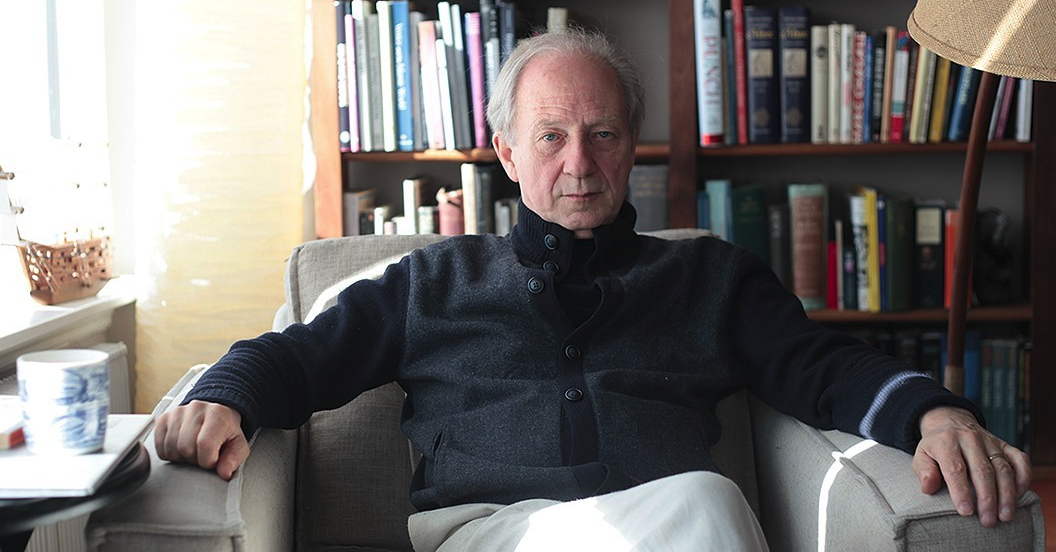
Alan Freeman, member of the International Committee of the Free Economic Society of Russia, Professor at London Metropolitan University, agreed that the concept of noonomy replaces a number of older and inadequate concepts, including the so-called knowledge economy (I think that this theory is absolutely wrong in explaining what is now happening in society); the information society (absolutely inconsistent with reality); the theory of the production of services (because the word «service» is derived from servitium (slavery), and it does not fit modern social theory at all).
“What are the mental products of scientific and creative labor? Those are various computer programs, scientific knowledge, formulas, for example, for the Covid vaccine. Those are various legislative acts, etc. What do they have in common? They can be transferred. They can be transferred from one mental area to another mental area. There is no dependence on the method of transfer, you can transfer a book in PDF format, in paper, or you can read it. And it doesn’t depend on the form,” Alan Freeman says.
The professor gave an example of a computer program: no matter how it is used, wherever it is used, it cannot become obsolete until you invent something new, thus innovation will be constantly taking place in the creative society of the future.
Lessons from the pandemic
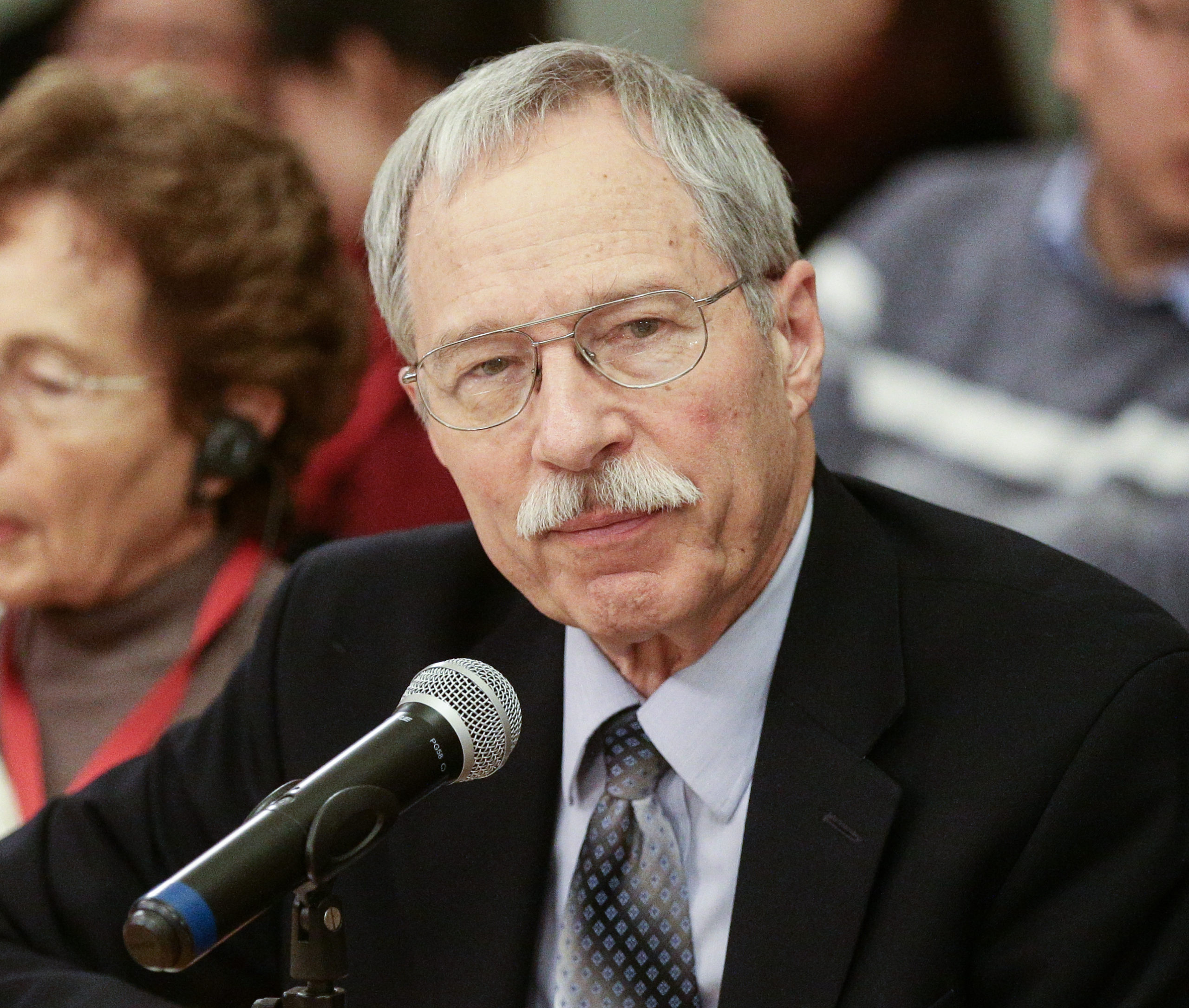
Professor David Kotz, Member of the International Committee of the VEO of Russia, Professor Emeritus at the UMass Amherst College of Social and Behavioral Sciences, Vice President of the World Political Economy Association, made a report called “Lessons from the Pandemic”.
The scientist recalled that the pandemic, which we are facing now, is the result of the transition of infection from animal to human. It seems that the origins of this problem are outside of society, like an earthquake or a volcanic eruption. However, unlike volcanoes and earthquakes, the anthropogenic factor is important here. The professor emphasized that the economic system itself influences the propensity, the likelihood of another pandemic outbreak.
“Modern neoliberal capitalism, as I have already noted, increases the likelihood of such pandemics. There are several reasons for this. Industrial farming causes immunosuppression in animals. This is a direct road to the transfer of infection to humans. Second, in the forestry industry, workers are fed meat of wild animals simply because it is cheaper. Third, over-fishing, which depletes water resources, creates a market for bushmeat for the poor. And finally, the globalization of value chains, the spread of international travel ensures the spread of the disease around the world,” David Kotz says.
At the same time, the austerity policy led to a lack of resources in certain areas, for example, in the healthcare sector; the distortion of incentives for companies to make profits was an important factor. For example, pharmaceutical companies simply did not have the motivation to develop a vaccine until the pandemic peaked, and the following uncertainty about the scale and duration of the pandemic, as well as the requirement to make vaccinations free, would have limited the profitability of the companies. The production was unprofitable for the companies and they didn’t do it.
Lack of planning
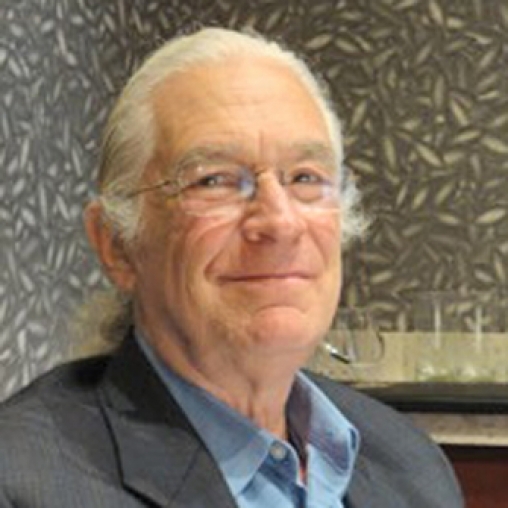
David Laibman, Professor at City University of New York, Professor Emeritus at Brooklyn College, Editor-in-Chief of Science and Society, began his report by identifying the gap between the new, second-generation, industrial society, noonomy, and the one that existed before under the moniker «post-industrial society».
As the economist noted, many experts are now talking about the pandemic and other challenges that we face. According to Laibman, the problem is a lack of coordination in the market. Excessively short-term planning horizon, pursuit of short-term benefits. This is what makes us move on to considering the issue along the lines of planning.
“We have now in the world of the Covid 19 crisis and also the underlying economic and financial crisis a tendency to say we obviously have a drastic emergency. And what we need to do is we need to use the advantages of socialism, central planning and state activism to address this. I am not suggesting that we return to some old form of socialism, but we can use some new variety of socialist relations. We are now in a situation, in which there’s an inherent industrial crisis, which can only be addressed by collective measures,” says Laibman.
Only questions
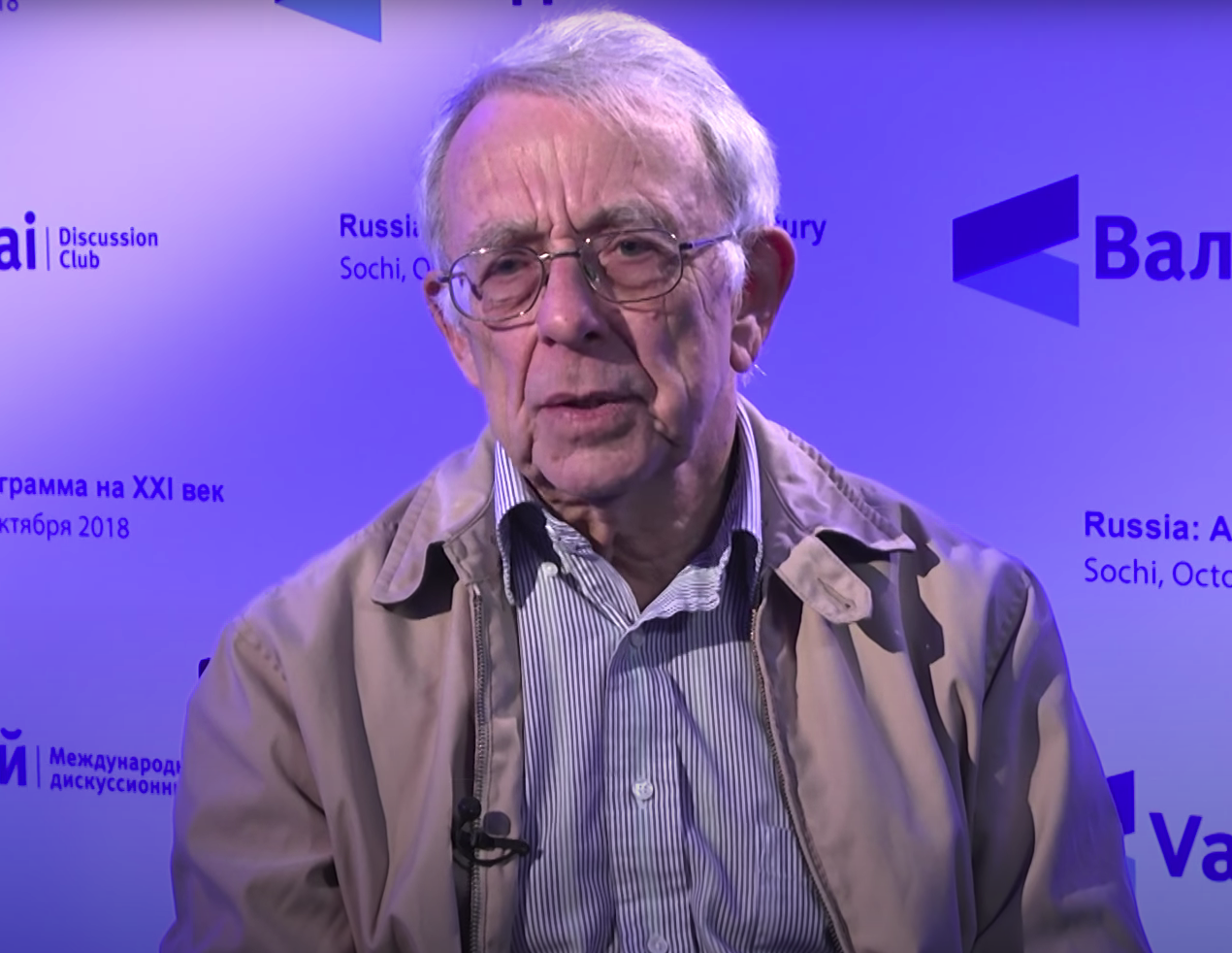
David Lane, Professor at the University of Cambridge, built his report on the Socratic method, proposing questions that are worth pondering in order to correctly determine the current state of economy and society.
“How does the current pandemic compare to other forms of epidemics? For example, how would you compare this pandemic, for example, with the colonization of America? Or the impact of the emigration of Europeans to America? Also, in the 20th century, there were a number of pandemics, for example, the Spanish flu. How does this compare to the current pandemic? How do we, the European countries, deal with it? I would also like the participants to think not only about the quarantine, but also about how this quarantine will affect other aspects, other diseases. Because now many hospitals have been reoriented to coronavirus patients. And other patients are unable to receive treatment. What kind of crisis are we facing? And how can its consequences be mitigated? For example, with the help of international organizations, which are now drawing up programs to combat the pandemic and its consequences. Take WHO for example. What can be changed there? Will it the change have any impact or will it fail to mitigate the consequences of the situation in any way?”, the scholar questioned.
He also touched on the current economic mode: is it civilization or barbarism? What is superficial here? The entire consumer society is superficial, but it is part of our life. What is the core of the system? What defines the system? Is a new technological base developing now? Is it a technological base that is developing in parallel with capitalism, or is it something that is superimposed on capitalism? What do we mean by creative work? And this creative labor, how does it compare with mechanical labor? What is the meaning of all this? Or is it just the development of industrial capitalism? Perhaps this is the highest form of capitalist imperialism. Maybe we have now reached a new level already. Or is it the beginning of some other mode of production? For example, post-capitalism or socialism?
How do these forms of development relate to others? New creative institutions, new processes that are occurring – they all lead to the creation of new products, new forms of production, new groups of cooperation. Can we say that this is a new mode of production? A new method of production?
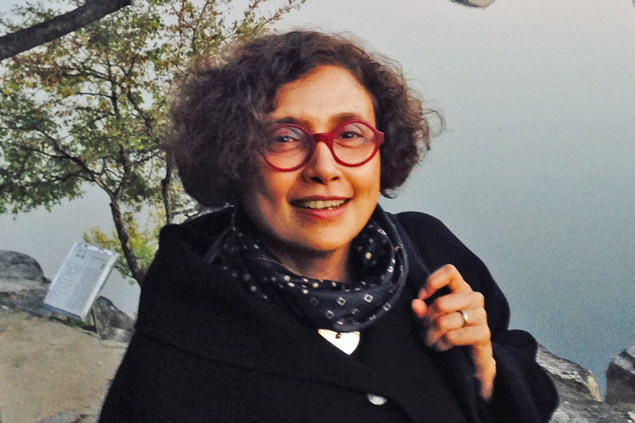
Radhika Desai, professor at the University of Manitoba and head of the Geopolitical Economy Research Group, Canada, focused on the relationship between geopolitical economy theory and the pandemic. In her opinion, the lack of international coordination is striking in the fight against coronavirus.
“Relations between countries in the capitalist world are very much complicated by the contradictions of capitalism, and because of this, in reality, despite globalization and so on, a common international order is impossible, as we can see right now. The crisis that we are witnessing has exacerbated and exposed the shortcomings of the capitalist system. Within countries and at the international level, it is becoming clear that the planning approach has great advantages,” the Professor said.
According to Desai, in the late 1970s, capitalism began to claim more and more power, and this concentration of power led to the fragility of economies and the fragmentation of society, and now capitalism has reached its limit. In general, what we see now is a continuation of the problems that have already arisen in the course of the development of capitalism.
“We now view neoliberalism as some kind of a system that has been dominant for 40 years. But, in fact, it has already gone through several stages. There was neoliberalism, then social democratic liberalization, then there were Blair and Clinton. Now they will try to move to a new phase of neoliberalism – philanthropic neoliberalism,” the economist says.
Yet, the contradictions will not end: the state will be the main client of all services, but this will only play into the hands of large corporations. The increasing role of the state will be reduced to mere support of large corporations. Still, if the right-wing forces will succeed and the left will remain weak, we will have a lot of problems in society,” Desai says.




